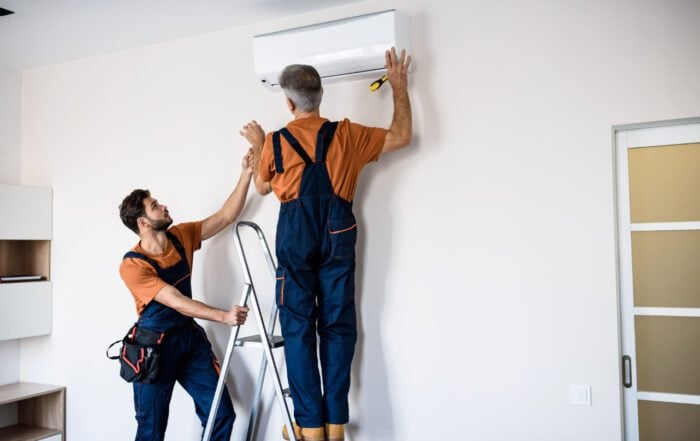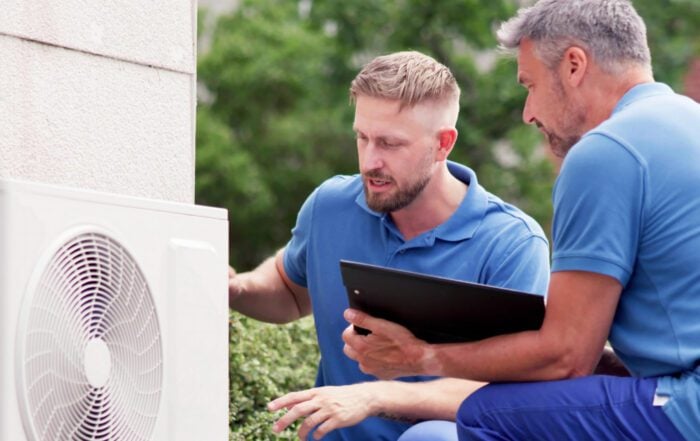 Carbon monoxide – or CO – is a tasteless, odorless, and colorless gas that is a byproduct of the incomplete burning of fuels such as propane, wood, oil, and gasoline. Because many household products operate on these fuels, this poisonous gas is frequently trapped in homes and garages. High CO levels can be hazardous to your health and even fatal for both humans and pets. The installation of a CO detector is one great way of keeping you and your family safe from carbon monoxide poisoning.
Carbon monoxide – or CO – is a tasteless, odorless, and colorless gas that is a byproduct of the incomplete burning of fuels such as propane, wood, oil, and gasoline. Because many household products operate on these fuels, this poisonous gas is frequently trapped in homes and garages. High CO levels can be hazardous to your health and even fatal for both humans and pets. The installation of a CO detector is one great way of keeping you and your family safe from carbon monoxide poisoning.
CO detectors act much like a smoke alarm. They are designed to alert occupants when CO levels have accumulated too high, by issuing an alarm before the onset of any potential human or animal symptoms. Of course, the more accurate the CO alarm, the greater chance a household will react appropriately.
Here are three essential factors to look for when shopping for a CO detector:
- Electrochemical sensor. Because Northeast Ohio has frequent humidity and temperature changes, it’s important to choose a model with an electrochemical sensor. This sensor prevents the alarm from reacting to the aforementioned changes, as well common household chemicals that may trigger false readings.
- End-of-life warning. Like all devices, CO detectors have a lifespan and its important to know when the alarm needs replacing.
- UL or CSA listed. CO detectors ought to adhere to the stringent independent third-party guidelines established by Underwriters Laboratories (UL) or Canadian Standards Association (CSA). Greater Cleveland homeowners should check to see whether a UL Listed label is printed on any CO detector they are considering purchasing.
Installation and maintenance advice
- Install a minimum of one CO detector on each floor and in bedrooms.
- CO detectors should be installed a minimum of 15 feet away from any cooking or heating appliances to prevent false readings.
- Ensure the unit is unobstructed and uncovered.
- Even if the unit has an end-of-life warning, CO detectors should be replaced every 7 years to benefit from the newest technology updates.
To learn more about what to look for in a CO detector, contact your local Greater Cleveland, Northeast Ohio experts at Stack Heating & Cooling.
Our goal is to help educate our customers in Cleveland, Ohio about energy and home comfort issues (specific to HVAC systems). For more information about CO detectors and other HVAC topics, download our free Home Comfort Resource guide.
Credit/Copyright Attribution: “Creations/Shutterstock”
Have Any Questions?
If this is an emergency please call 440-937-9134.
Otherwise, please feel free to call us or submit this form to schedule an appointment for service or request an estimate. We will contact you shortly!



